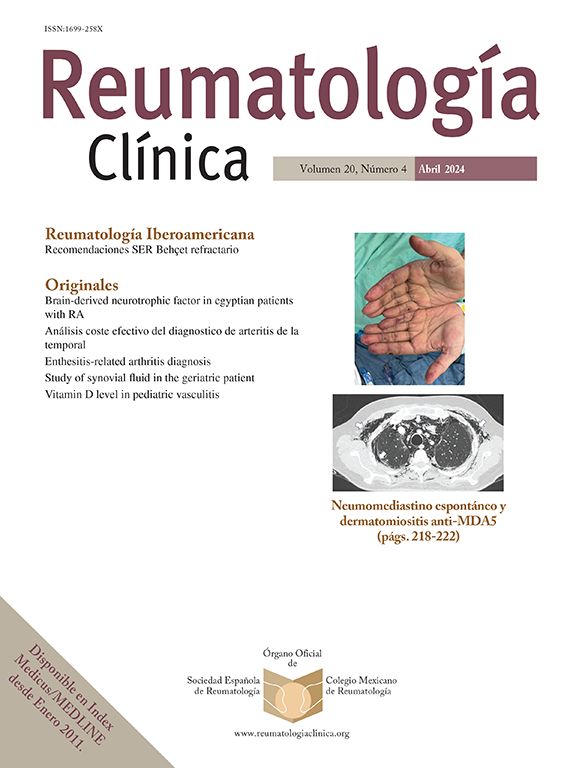El pronóstico de la nefritis lúpica ha mejorado notablemente en las últimas décadas, debido al mejor conocimiento de la patogenia e historial natural de la enfermedad, mejores esquemas terapéuticos y a la disponibilidad de nuevos fármacos para las enfermedades intercurrentes. La ciclofosfamida (CFM) se considera aún la mejor alternativa terapéutica inicial para la nefritis proliferativa, si bien aún existe controversia en relación al mejor esquema de dosificación, duración del tratamiento y terapia de mantenimiento después de la inducción. Sin embargo, para el médico y el paciente son motivo de gran preocupación la presencia de eventos adversos tales como las infecciones graves, neoplasias o amenorrea permanente. Para los casos resistentes al tratamiento, se pueden considerar nuevos inmunosupresores y agentes inmunoablativos, análogos de nucleósidos y terapia biológica. En todos estos casos, sin embargo, será necesario contar con estudios a largo plazo que verifiquen que estos nuevos tratamientos, con satisfactoria respuesta inicial, mantengan la respuesta y con menores efectos secundarios.
The prognosis of lupus nephritis has improved significantly over the past few decades. This has been partly contributed to by a better understanding of the natural history of the disease, improved treatment regimens, and the use of adjunctive treatments. Despite the development of new modalities, cyclophosphamide (CYC) remains the preferred initial treatment for severe proliferative lupus nephritis. Controversies continue about the best route, dosage, and duration of CYC treatment. However, adverse events as major infections, neoplasia and permanent amenorrhea, remain as a great concern for physicians and patients. For recalcitrant disease, new immunosuppresive and immunomodulating agents, nucleoside analogues and the biological response modifiers can be considered. New treatments directed against more specific targets may theoretically be associated with higher efficacy and lower toxicity. Longterm studies are needed with new treatments to verify this assumed lower toxicity.






